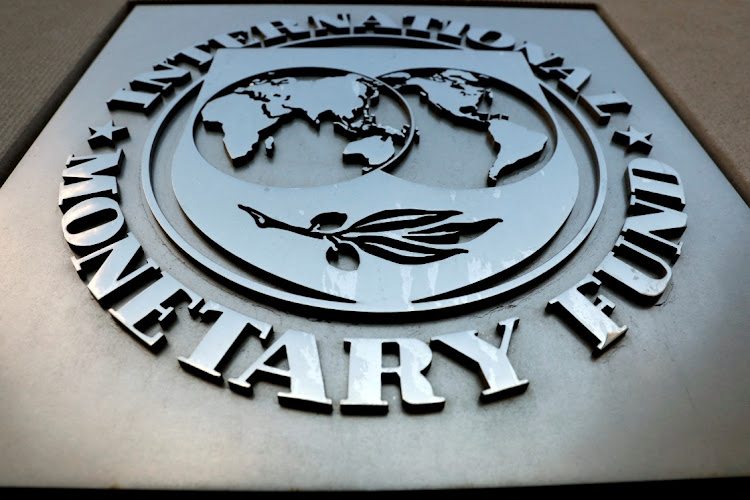IMF warns policymakers to tread carefully in tough times

Fiscal policy support must be well-targeted and temporary, and must not work against monetary policy
The International Monetary Fund (IMF) assessment of the global economy in its October World Economic Outlook is depressing and worrying. Its message is that the worst economic outcomes are yet to come, and policymakers must carefully calibrate policies to lessen the blow for people while preparing the economy for a rebound. There is also advice for South African policymakers on fiscal support to households: it must be temporary and well-targeted.
Four main policy issues stand out. The first is that inflation is persistent and broadening, which means that it's no longer just driven by food, energy and supply-side bottlenecks. Demand pressures are building, which can be seen through rising prices and volumes of goods. If it was just supply constraints, volumes should be falling, but instead they are rising, perhaps less than prices.
The second issue is the rising cost of living because of high inflation. Consumers’ real incomes are falling and will likely worsen in 2023 as the global economy moderates to 2.7% from this year’s estimate of 3.2%. The IMF puts the probability that next year’s growth will be less than 2% at 25%. This means unemployment will rise in the countries that will be in a recession either this year or next, which the IMF says accounts for a third of the global economy. In simple terms, one-third of the global economy will be in recession this year or next.
The third issue is how fiscal policy responds to the cost-of-living crisis by providing support in an environment where central banks are focused on bringing inflation down. This is relevant for policymakers in Pretoria amid debate on a basic income grant (BIG).
Let me digress a bit. The UK Treasury has provided some lessons on what not to do. It cut taxes for the rich and provided subsidies to help people fight rising energy costs without a plan on how this would be funded. As in 1992, the pound almost collapsed and bond yields skyrocketed until the tax cuts were reversed. The Bank of England had to intervene and buy bonds to stabilise markets.
Fiscal policy must be clearly targeted. SA's National Treasury made the mistake of targeting fuel subsidies from April to July, which effectively transferred cash to people who are not poor, instead of people who use public transport. Some might disagree with my point, but people with cars are not poor, they aren’t receiving the social relief of distress (SRD) grant and do not need to be subsidised.
Another lesson is that unfunded spending commitments are detrimental to the economy and must be avoided. SRD is unfunded as it stands, which, if this wisdom holds, would mean that it must not be converted into a permanent grant if it is extended by another year. In addition, I hope the National Treasury does not make another mistake of poorly targeting SRD.
Back to the major issues in the IMF World Economic Outlook, and the strengthening of the US dollar as the Fed continues to hike rates. US inflation for September came out at 8.2%, above the 8.1% market expectation. Core inflation accelerated from 6.3% to 6.6% and above the market expectation of 6.5%. Effectively, inflation remains sticky, and the US Fed will continue to hike rates, pushing the dollar stronger.
In this context, the IMF advice implies that South African policymakers must make fighting inflation their priority. Fiscal policy support must be well-targeted and temporary, and must not work against monetary policy. I know there is an allergic reaction to the IMF’s advice given its history of structural adjustment programmes, but fiscal adventurism has always led countries to the IMF’s door, cap in hand, for assistance.
